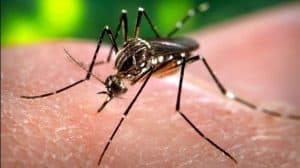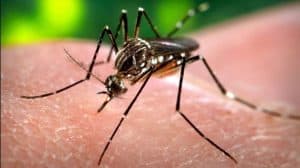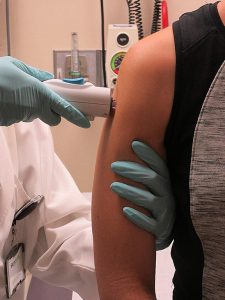
Abbott’s Zika virus test given FDA authorisation
pharmafile | February 7, 2017 | News story | Manufacturing and Production, Research and Development | Abbott Laboratories, Zika virus
The threat of the Zika virus, though it may have disappeared from the headlines, is still very much present. Any vaccine for the virus is expected to be years in the future and that highlights the importance of stemming the spread. Abbott Laboratories’ molecular test’s authorisation by the FDA is therefore a significant step forward in the fight against the spread of the disease.
Abbott’s assay has been granted an Emergency Use Authorization (EUA) extension. The test uses Abbott’s automated m2000 RealTime system that test polymerase chain reaction testing. The device is authorised to detect the virus in whole blood samples where the virus remains for a period of up to 2 months. The virus can also be tested through semen and urine but in lowered levels, reducing the accuracy of tests – hence the importance of a whole blood test.
“Diagnosing a Zika infection can be challenging, especially since people might not have any symptoms or only have mild symptoms that last a few days,” said John Hackett, Divisional Vice President, Applied Research and Technology, Diagnostics Products, Abbott. “Abbott’s molecular test may provide the ability to identify the active virus over a longer time period with whole blood and could provide a more accurate diagnosis. Our test can also distinguish Zika from other viruses such as dengue or chikungunya, which helps doctors make informed diagnoses to help people get back to better health.”
Currently 4,800 people living in the US have been infected with the Zika virus, as well as 35,000 people residing in US territories outside of the US. The virus is spread, like many others, through the bite of an infected mosquito, through sexual contact or from mother to child. With any vaccine likely to arise only in the years to come, the threat of Zika is diminished but the World Health Organization is keen to stress that it still poses a global health risk.
Ben Hargreaves
Related Content

Research provides clues about Zika virus damage to foetal brains
The Zika virus has been documented since 1947 and was first discovered to have infected …

Brazil declares end to Zika virus emergency
Brazil has declared that the national emergency over the Zika virus threat is over, after …

NIH launches test of investigational human Zika vaccine
The National Institute of Allergy and Infectious Diseases (NIAID), part of the National Institutes of …






